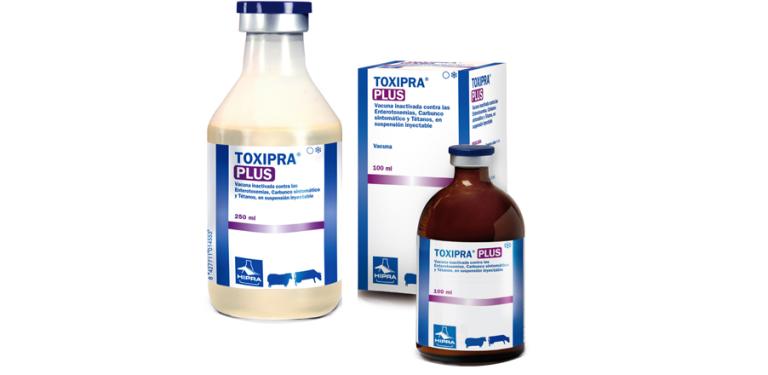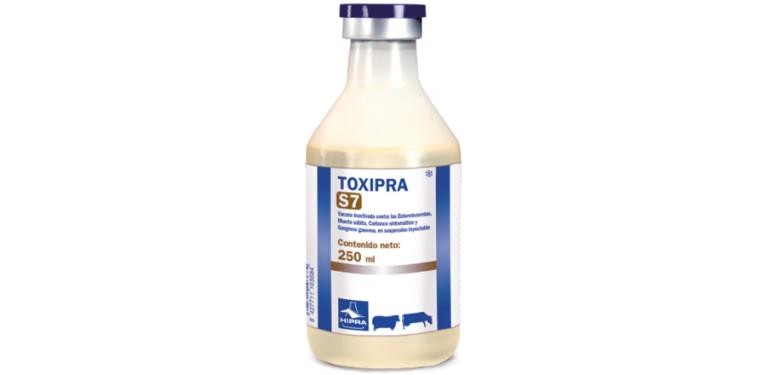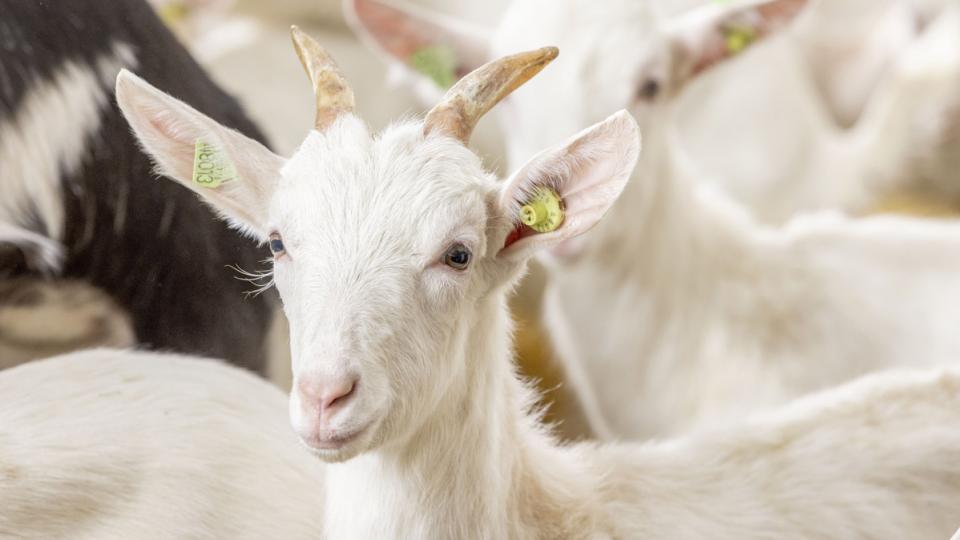We present the keys for the prevention and control of contagious diseases in the XXIII edition of the Sheep FORUM
On June 15, we had the honor of participating, for the second consecutive year, in the opening day of the XXIII edition of the Sheep Forum with a talk focused on the control and prevention of contagious diseases that affect sheep and goat farms.
The conference was directed by Pablo Núñez, Corporate Brand Manager of Small Ruminants at HIPRA, who introduced the three speakers that made up the conference and who focused their explanations on the three main points for a good control strategy: Epidemiology, Diagnosis and vaccination.



























